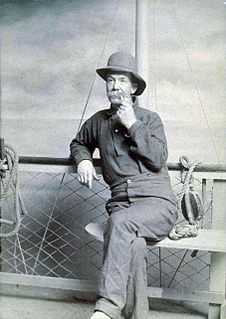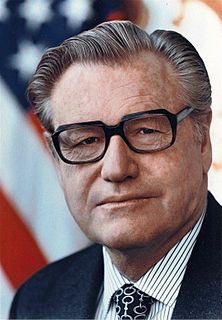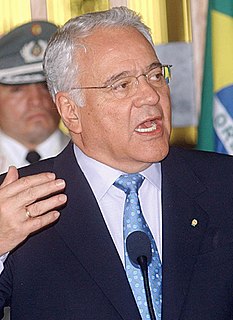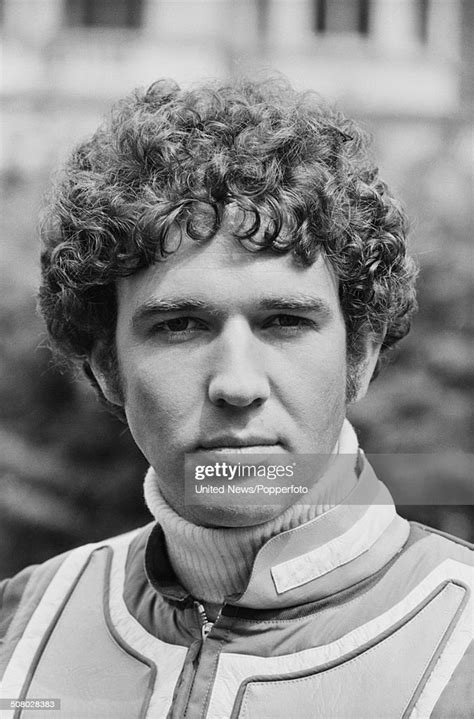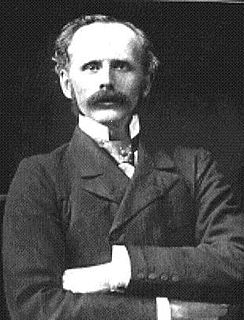A Quote by Marcus Tullius Cicero
When trying a case [the famous judge] L. Cassius never failed to inquire "Who gained by it?" Man's character is such that no one undertakes crimes without hope of gain.
Related Quotes
Lucius Cassius ille quem populus Romanus verissimum et sapientissimum iudicem putabat identidem in causis quaerere solebat 'cui bono' fuisset. The famous Lucius Cassius, whom the Roman people used to regard as a very honest and wise judge, was in the habit of asking, time and again, 'To whose benefit?
We must remember that the GOAL of prayer is the ear of God. Unless that is gained, the prayer has utterly failed. The uttering of it may have kindled devotional feeling in our minds, the hearing of it may have comforted and strengthened the hearts of those with whom we have prayed, but if the prayer has not gained the heart of God, it has failed in its essential purpose.
When I became a judge, I stopped being a practicing attorney. And that was a big change in role.The role of a practicing attorney is to achieve a desirable result for the client in the particular case at hand. But a judge can't think that way. A judge can't have any agenda, a judge can't have any preferred outcome in any particular case and a judge certainly doesn't have a client.
We do not ask what hope of gain makes a little bird warble, since we know that it takes delight in singing because it is for that very singing that the bird was made, so there is no need to ask why the human mind undertakes such toil in seeking out these secrets of the heavens. ... And just as other animals, and the human body, are sustained by food and drink, so the very spirit of Man, which is something distinct from Man, is nourished, is increased, and in a sense grows up on this diet of knowledge, and is more like the dead than the living if it is touched by no desire for these things.
There should be a law that no ordinary newspaper should be allowed to write about art. The harm they do by their foolish and random writing it would be impossible to overestimate--not to the artist but to the public.... Without them we would judge a man simply by his work; but at present the newspapers are trying hard to induce the public to judge a sculptor, for instance, never by his statues but by the way he treats his wife; a painter by the amount of his income and a poet by the colour of his necktie.
We may live without poetry, music and art; We may live without conscience, and live without heart; We may live without friends; we may live without books; But civilized man cannot live without cooks. . . . He may live without books,-what is knowledge but grieving? He may live without hope,-what is hope but deceiving? He may live without love,-what is passion but pining? But where is the man that can live without dining?
There can be no freedom of the individual, no democracy, without the capital system, the profit system, the private enterprise system. These are, in the end, inseparable. Those who would destroy freedom have only first to destroy the hope of gain, the profit of enterprise and risk-taking, the hope of accumulating capital, the hope to save something for one's old age and for one's children. For a community of men without property, and without the hope of getting it by honest effort, is a community of slaves of a despotic State.

